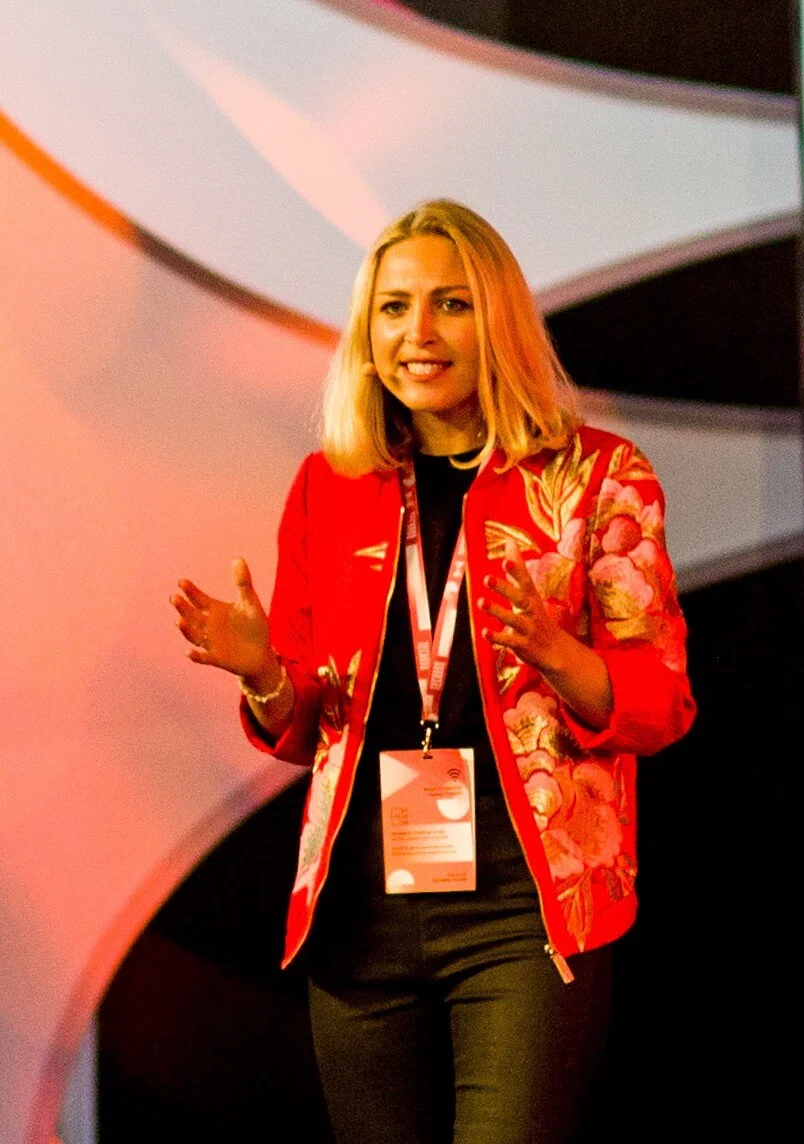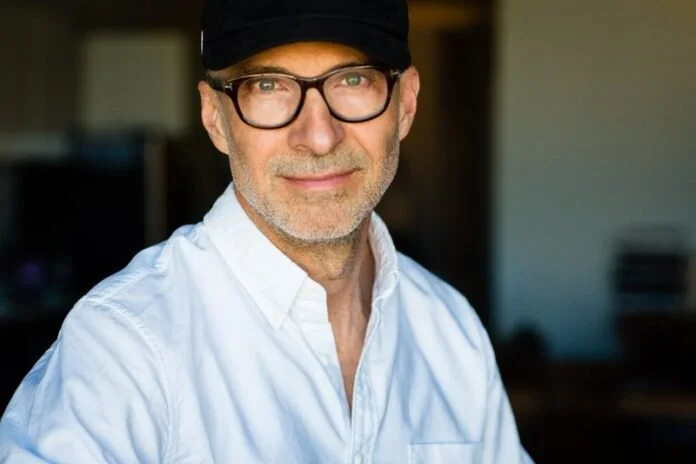Article: Navigating Impostor Syndrome with Vladimira Mesko Briestenska
← back
Article: Navigating Impostor Syndrome with Vladimira Mesko Briestenska
In this series we explore impostor syndrome and the multitude of ways it affects entrepreneurs and their mental well being.
There is no magic wand to wave Impostor syndrome away with, it’s an uncomfortable process to face your vulnerabilities head on. Our cofounder Vladimira Mesko Briestenska shares a recent encounter with that dark place of self-doubt.
When I take a moment and reflect on the situations when I have found myself doubting my abilities, the value I create and ‘felt like a fraud’ (there have been many of those moments), it’s been mostly in environments that were designed to favour one type of skill, leadership, capability, gender, age, ethnicity, race... And where my unique self was not recognized or seen as good enough.
I do often ask myself the question though, how much of it is self-imposed and how much is in the design of the environment I am in?
Just recently I read an article on HBR that said: “The answer to overcoming imposter syndrome is not to fix individuals, but to create an environment that fosters a number of different leadership styles and where diversity of racial, ethnic, and gender identities is viewed as just as professional as the current model.”
I do agree with this view and at the same time feel that it’s equally my responsibility to face my demons and often unresolved deeply rooted schemes that keep me away from selflove and authenticity. I have more confidence to face challenging moments when I find myself to be a misfit, when I’m connected to who I am, my values, beliefs, my why… It gives me the power to move from the dark place of self-doubt to standing up for myself, being kind and loving myself. And all of that through vulnerability.
Just recently, I have been through a tough period where I was feeling ‘less than’ to my business partners and cofounders - who are older men than me by about two decades, are of different ethnicities, and are also more senior in their respective experiences and fields. Naturally, this all makes sense. They carry more experience on their shoulders and come from different backgrounds that are complementary and make us unique as a collective. My rational mind got it, but my emotions dragged me to the dark place again. Feeling less worthy, less valuable, even jealous and angry. It felt awful. The moments that amplified my feeling like a fraud have been those where the experience and knowledge of my cofounders were needed, and my unique capabilities were less than. And I made myself believe that I had to equal them. To match them in order to be seen, to matter.
I spent a few days internally fighting with this feeling. I was exhausted, frustrated, sad, felt a physical pressure in my chest and the need to spit it out. To do something.
To my own surprise (less now), what has helped me most was to face my biggest vulnerabilities head on. I took a few days to feel it through and then approached my cofounders, one by one, for open and raw conversations where I shared what I’ve been going through.
I talked about my emotions. And from there it’s been a journey… Listening, sharing, standing still, revisiting the root causes, ongoing work. But taking the step to share and bring my emotions into the light has been key for my healing as well as development. It has also helped me to see that in this situation I have mostly been self-imposing those views and perspectives. Hence I’m grateful for my partners and their ability to stand still, listen and even reflect on the design of the situation that causes me such feelings and what could be done differently in the future. I’m aware it’s not always given. That not all environments are welcoming, kind, open for change or self-reflective. And yes, we still need to fix the environment we work and live in rather than solely directing our views towards fixing the individual. But I do believe that we can start by speaking about what’s going on for us, reminding ourselves that it is not who we truly are. We can investigate why we feel that way and then lead from the vulnerable place to move forward.
Become a contributor and engage with The Future Farm
Are you interested in contributing on the topic of entrepreneur health and emotional resilience with us? Or interested in inviting The Future Farm to contribute to your initiatives or event? Drop us a note.




